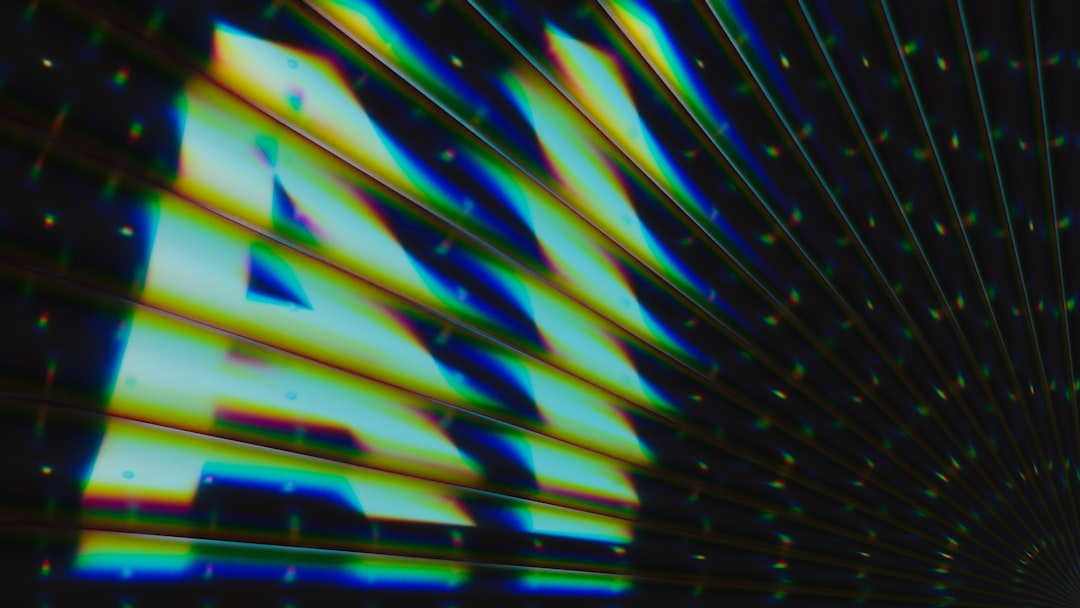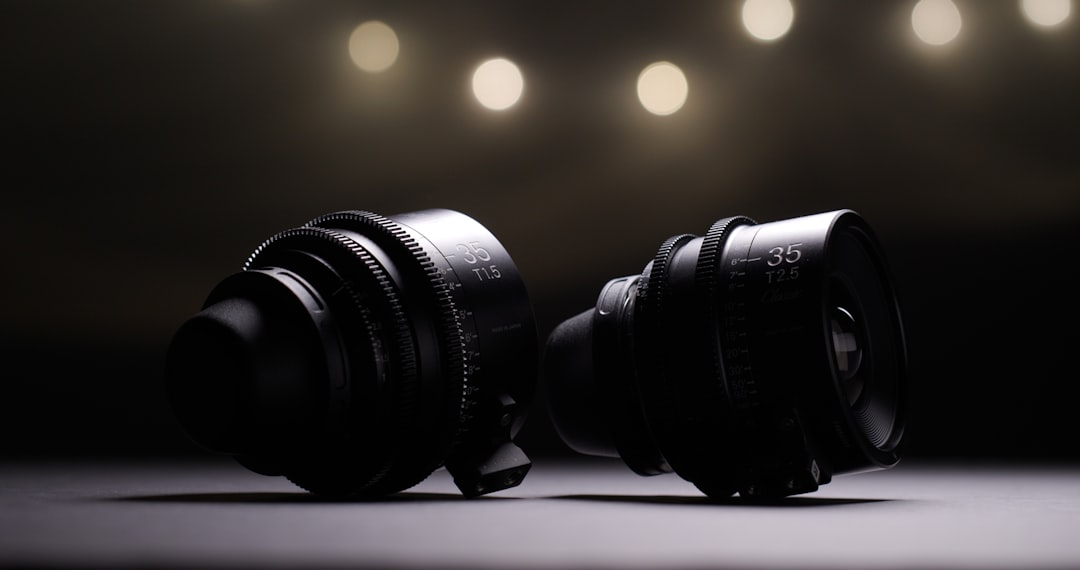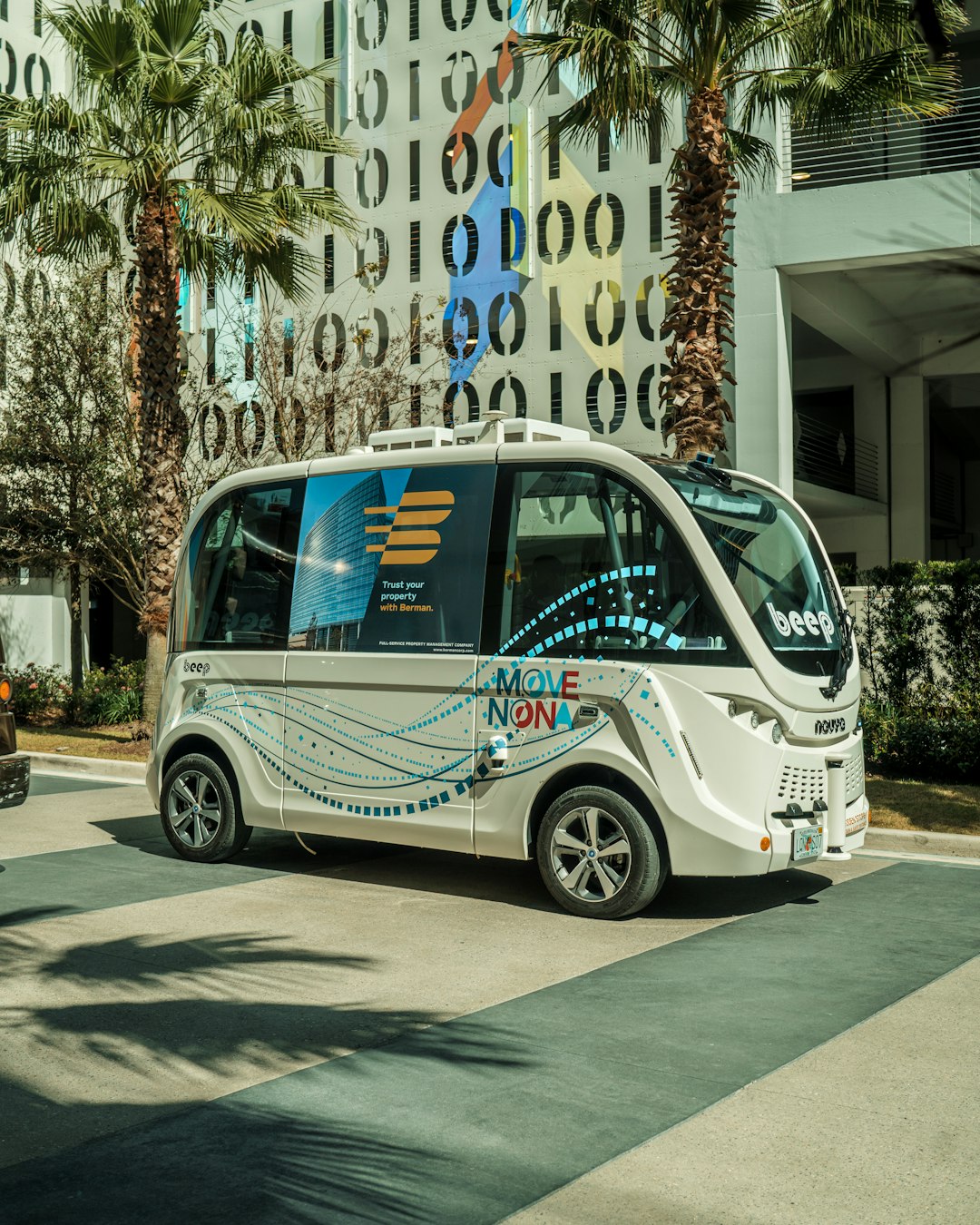Have you ever taken a picture of something cool and wondered, “What is this?” Or maybe, “Where can I buy it?” If so, you’ve probably tried Google Lens. It’s pretty clever. But now, there’s something even cooler on the block — AI-based reverse image search tools.
These tools are like supercharged versions of Google Lens. They use smart algorithms, deep learning, and pattern recognition to give you even better results.
What Is Reverse Image Search?
Before we jump in, let’s talk about what reverse image search means. It’s simple. Instead of typing words into a search bar, you upload an image. The search engine then looks for similar images across the internet.
You can find out:
- Where the picture came from
- Who took it
- Where else it’s used
- Who or what is in it
Google Lens: The Old Favorite
Google Lens is like a magic trick in your phone. Point your camera at a dog, and boom! It tells you the breed. Aim it at a flower, and it gives you the name. Google Lens is smart, fast, and very easy to use.
It also helps with:
- Translating text
- Finding shopping links
- Scanning QR codes
But as cool as Google Lens is, it still has limits. It sometimes struggles with rare objects or images that have been changed or edited.
Enter AI-Based Reverse Image Search
This is where next-gen AI tools step in. These tools use more powerful models trained on millions of images. Some even use models like CLIP by OpenAI, which connects text and images in a super creative way.
You can do things like:
- Search for objects even if they’ve been cropped
- Find art that looks similar to a painting you like
- Discover images that match a description instead of just keywords
Pretty wild, right?

Visual Search Gets a Brain Boost
Let’s say you upload a photo of an unusual teapot. Google Lens might say “teapot” and show you random kettles. Cool, but not helpful.
An AI-based tool might go deeper. It could tell you it’s a vintage Japanese cast iron teapot from a rare design line in the 70s. That’s because it can match deep patterns, shapes, and subtle details.
Who’s Leading the Pack?
There are some amazing tools out there that go beyond Google:
- Pixy — Uses AI to locate original sources and look-alikes.
- Berify — Good for photographers who want to protect their work.
- Yandex — Not AI-heavy but surprisingly accurate with regional content.
- PimEyes — Specializes in face recognition using advanced AI.

A Fun Use Case: Fashion Detective
Imagine scrolling Instagram and seeing a cool jacket. You want one just like it. You screenshot the image. Upload it to an AI-based search. Bam! It shows you similar jackets, prices, and where to buy them — even if the original post didn’t tag a brand.
Google Lens can do that too, but AI tools are often more accurate with style and color matching.
So, Is It Better?
Yes and no. Google Lens is fast and easy. Great for casual use. But AI-based tools go deeper. They’re ideal for:
- Professionals
- Collectors
- Researchers
- Anyone looking for detailed insights
The Bottom Line
AI-powered reverse image search is like upgrading from a flashlight to a spotlight. It sees more, finds more, and tells you more.
So next time you wonder, “Where is this from?” or “What is this thing?” — remember: there’s more than just Google Lens out there.
Try an AI-based tool and see the magic for yourself!



